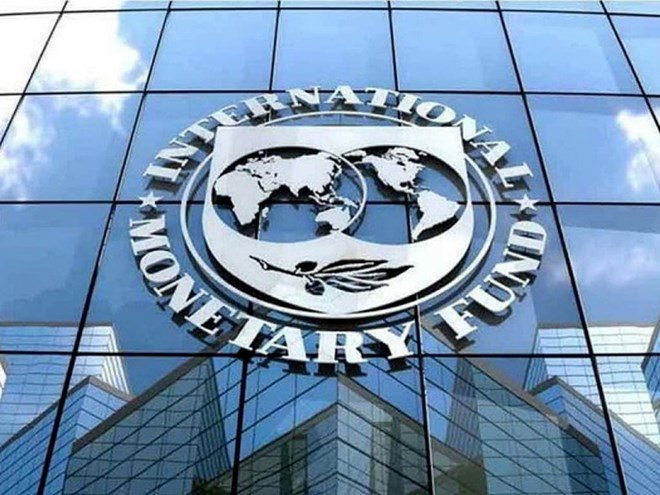Mogadishu: confirmed reports have said that the International Monetary Fund (IMF) and the Federal Government of Somalia have come to a staff-level agreement on the fourth review of the country’s Extended Credit Facility (ECF), which has paved the way for the possible release of US$30 million in new funding to strengthen ongoing economic reforms and support fiscal stability.
The agreement which was announced on Sunday, follows two weeks of exhaustive discussions between IMF Mission Chief Ran Bi and Somalia’s Finance Minister Bihi Egeh in Washington, D.C. and Mogadishu. The pact will now be submitted to the IMF Executive Board for approval in the coming weeks.
If authorized, the payout would raise Somalia’s total ECF funding to nearly US$100 million since the program’s inception in December 2023. The three-year arrangement aims to reinforce fiscal discipline, modernize public financial institutions, and sustain economic growth following the country’s landmark debt relief achievements.
According to IMF projections, Somalia’s economy, which grew by 4.1 percent in 2024, is expected to slow to 3 percent in 2025 and 3.3 percent in 2026, largely due to declining foreign aid and recurring climate shocks. Inflation is forecast to remain steady at around 3.5 percent, though food prices are likely to stay elevated.
Despite these headwinds, the IMF reported that Somalia’s fiscal performance remains broadly on track, with the budget deficit projected at 0.3 percent of GDP in 2025 and 0.75 percent in 2026 as the government scales up social spending and prepares for national elections.
To mitigate the impact of reduced aid inflows, Somali authorities have requested an augmentation of access under the ECF by SDR 30 million (approximately US$40 million) to finance social programs and cushion against potential disruptions.
The IMF praised Somalia’s ongoing reform efforts, noting strong gains in tax revenue collection, continued customs modernization, and tight expenditure control. The Central Bank of Somalia has also advanced plans to establish a currency board arrangement to stabilize the Somali shilling and strengthened its regulatory framework to enhance financial oversight.
Additionally, the government has enacted a new extractive industries law to promote transparency in natural resource management and attract investment in the oil and gas sectors.
“To mitigate the negative impact of foreign aid cuts and support their reform efforts, the authorities have requested an augmentation of access under the ECF arrangement,” said Ran Bi, IMF Mission Chief, commending the Somali government’s steadfast commitment to reform despite persistent economic challenges.
The current ECF program builds upon Somalia’s historic 2023 debt relief milestone, during which 99 percent of its bilateral debt was cancelled by Paris Club creditors under the Heavily Indebted Poor Countries (HIPC) initiative — a breakthrough that restored Somalia’s access to international financial markets for the first time in three decades.
The IMF emphasized that sustained international support remains critical to maintaining reform momentum amid uncertain aid flows and worsening climate shocks.
If approved by the Executive Board, Somalia is expected to receive the next tranche of ECF funding before the end of the year, further reinforcing the country’s economic recovery and reform trajectory.
Source: Hiiranonline.com in English


